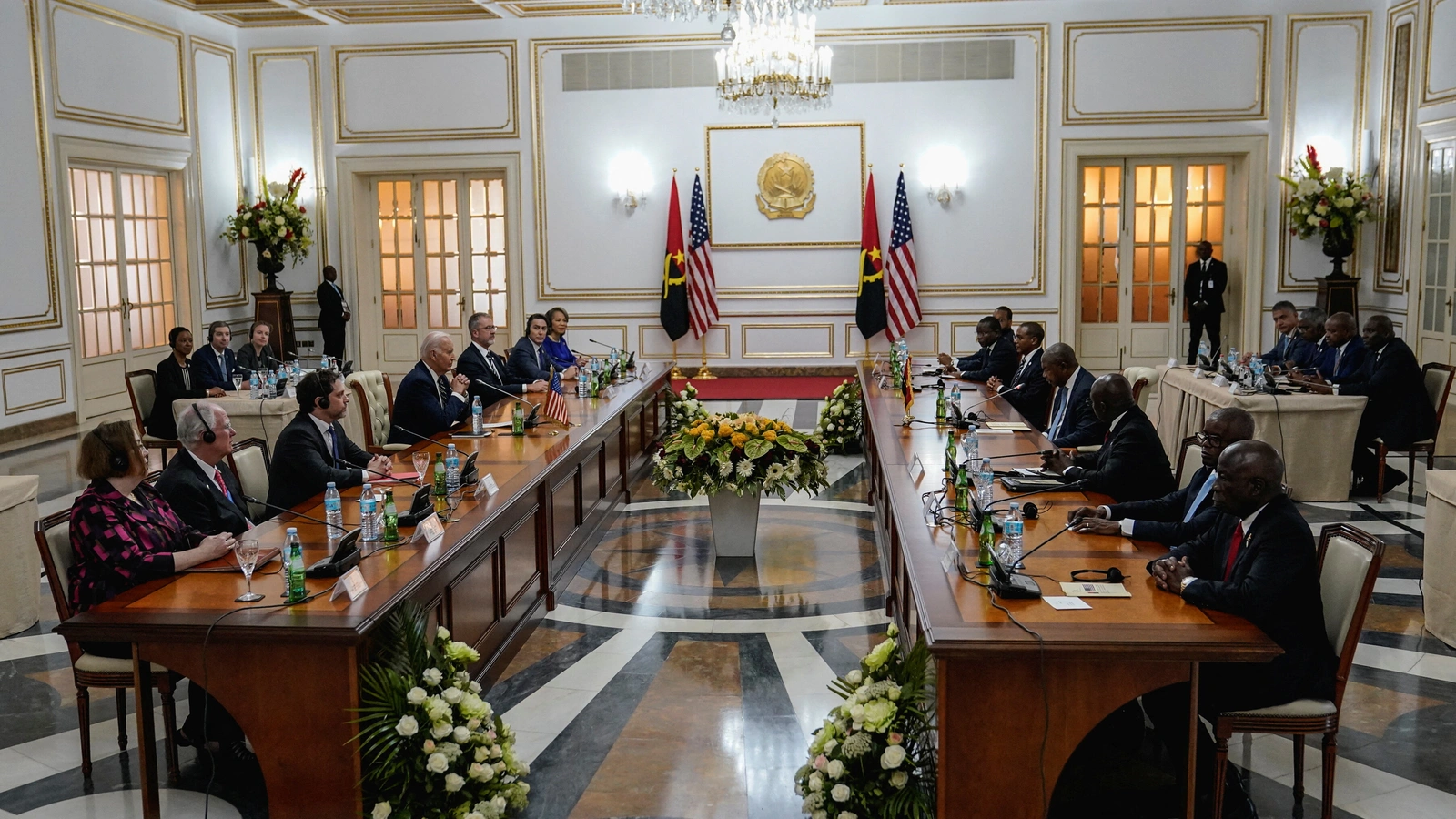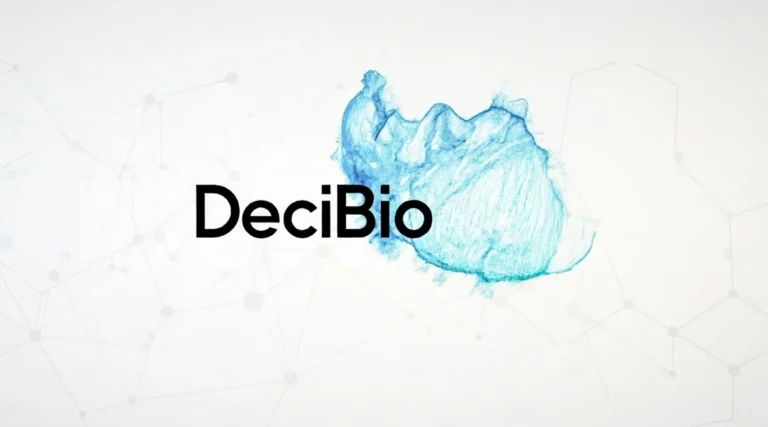
WHO and European Union Join Forces to Advance Digital Health Systems Across Sub-Saharan Africa
The World Health Organization (WHO) and the European Union (EU) have formally announced a new collaboration aimed at accelerating the digital transformation of health systems in sub-Saharan Africa. The partnership will also support broader adoption of the WHO’s Global Digital Health Certification Network (GDHCN), a system designed to improve the secure, cross-border verification of digital health credentials. The joint initiative is expected to enhance pandemic preparedness, strengthen health security, and contribute to broader goals of improving health and well-being across the region.
The announcement was made at the World Health Summit 2025 by senior officials including Dr. Yukiko Nakatani, WHO Assistant Director-General for Health Systems, Access and Data; Dr. Mohamed Yakub Janabi, WHO Regional Director for Africa; and Mr. Martin Seychell, Deputy Director-General of the European Commission’s Directorate-General for International Partnerships. Together, they highlighted the transformative potential of digital health tools to empower countries, protect citizens, and strengthen healthcare delivery systems in sub-Saharan Africa.
Global Digital Health Certification Network: Building on Proven Success
The GDHCN provides a secure global framework that allows countries to verify nationally approved digital health credentials across borders. It builds upon the infrastructure developed for the European Union Digital COVID Certificate (EU DCC), which enabled verification of vaccination, testing, and recovery credentials for international travel among 76 countries and territories. Despite the widespread adoption of the EU DCC globally, only four countries in the WHO African Region—Benin, Cabo Verde, Seychelles, and Togo—were able to join the network.
Since its transfer to WHO oversight in 2023, the GDHCN has demonstrated significant potential to support the digitization of internationally recognized health credentials, including the International Certificate of Vaccination or Prophylaxis (ICVP), commonly known as the Yellow Card. The digital modernization of the Yellow Card aligns with updated International Health Regulations (IHR) and has the potential to enhance global vaccination tracking, reduce the risk of fraud, and simplify compliance with international travel health requirements.
EU–WHO Collaboration: Investment and Technical Support
Under the new agreement, the EU has committed an €8 million grant spanning 2025 to 2028 to support this joint initiative. The funding will facilitate collaboration with national health authorities and regional partners, including the Africa Centres for Disease Control and Prevention (Africa CDC), to advance the implementation of digital health systems across sub-Saharan Africa. WHO will provide policy guidance, technical expertise, and support in integrating the GDHCN into national health infrastructure, while EU resources will strengthen digital health innovation and deployment at the country level.
This initiative is part of the EU’s broader Digital Health workstream under the Team Europe Initiative on the EU-AU Health Partnership. This partnership unites European and African stakeholders in building resilient digital health ecosystems across the continent. The project also aligns with the EU Global Gateway strategy, which emphasizes strategic investments in infrastructure, digital technology, and health security to support sustainable development goals.
Empowering Countries and Individuals
One of the key strengths of the GDHCN lies in its ability to empower both countries and individuals. By enabling secure, interoperable digital health systems, the network allows citizens to access portable, verifiable health records wherever they travel, including during emergencies. Importantly, personal health records are managed and maintained by the national health authorities of each country, ensuring that WHO or other external entities do not have access to individual-level data. This model prioritizes privacy and data security while fostering trust among citizens and healthcare providers.
The GDHCN also adheres to internationally recognized standards for privacy, data protection, and system interoperability. Participation is voluntary for countries, and the network encourages collaboration among governments, regional agencies, and international partners. By providing a standardized approach to digital health certification, the GDHCN helps countries respond more effectively to public health emergencies and lays the groundwork for resilient, person-centered healthcare systems for future generations.
Strategic Importance for Global Health Security
The introduction of GDHCN in sub-Saharan Africa represents a strategic step toward strengthening global health security. With pandemics, emerging infectious diseases, and public health emergencies posing persistent threats, early detection, reliable data sharing, and secure verification of health credentials are essential. The WHO–EU partnership ensures that countries in the region have access to modern digital tools that enable timely interventions, improved resource allocation, and enhanced surveillance capabilities. By bridging technological gaps and supporting capacity building, the initiative contributes to a more connected, resilient, and responsive global health network.
Next Steps and Capacity Building
To support the rollout of GDHCN and the broader digital transformation agenda, WHO and its partners will offer technical assistance, training, and guidance materials to participating countries. This includes multilingual webinars, online training courses through the WHO Academy, and ongoing collaboration with national and regional health authorities. Together, these efforts aim to ensure that digital health solutions are effectively integrated into national health systems and are accessible to both healthcare providers and the public.
The launch of this WHO–EU partnership marks a pivotal moment in the evolution of digital health in sub-Saharan Africa. By combining technical expertise, funding, and strategic guidance, the collaboration seeks to build stronger health systems, enhance pandemic preparedness, and empower individuals with secure, portable health information—ultimately driving progress toward healthier, more resilient communities across the region.





